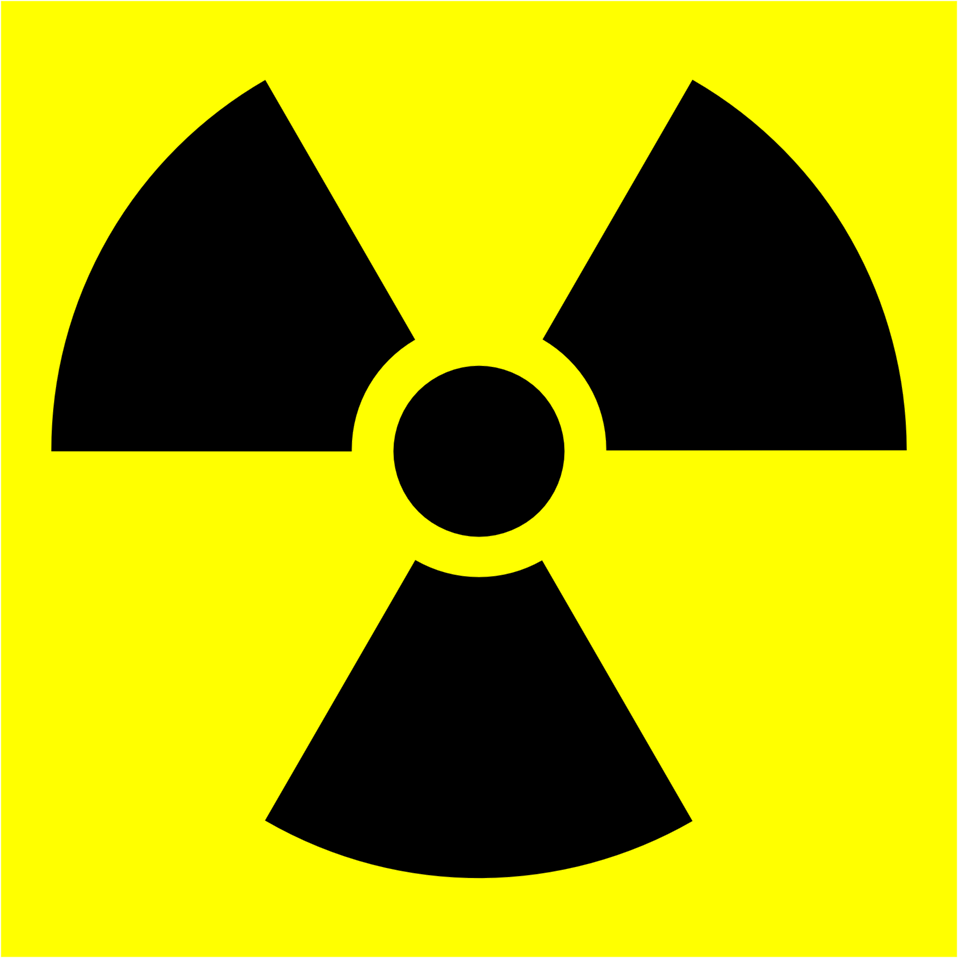In 2015, Montgomery County, Maryland, made history by becoming the first jurisdiction in the United States to mandate radon testing for homes listed for sale. Radon is an invisible, odorless, tasteless radioactive gas known to cause lung cancer. Despite the health risks associated with radon exposure, many jurisdictions have been reluctant to implement similar requirements due to concerns about potential negative impacts on real estate sales.
The Montgomery County Council enacted the Radon Testing Law on November 17, 2015. It received approval from the County Executive one week later. Although the law officially went into effect on October 1, 2016, many parties began adhering to its requirements before the implementation date.
This pioneering legislation aimed to protect homebuyers by ensuring they were informed about radon levels in properties they were considering purchasing. By requiring radon testing, the county sought to mitigate the health risks linked to radon exposure and promote safer living environments. The law’s introduction also sparked discussions in other jurisdictions about the feasibility and benefits of implementing similar regulations.
While some stakeholders initially expressed concerns about the potential impact on real estate transactions, the law ultimately underscored the importance of prioritizing public health. The experience of Montgomery County serves as a valuable case study for other regions contemplating similar measures. It highlights the balance between safeguarding public health and maintaining a robust real estate market.
In summary, Montgomery County’s Radon Testing Law marked a significant step forward in addressing the health risks posed by radon exposure. The law’s implementation demonstrated that it is possible to enhance public safety without severely disrupting the real estate market. As other jurisdictions consider adopting similar regulations, Montgomery County’s experience provides valuable insights into the benefits and challenges of mandatory radon testing.


